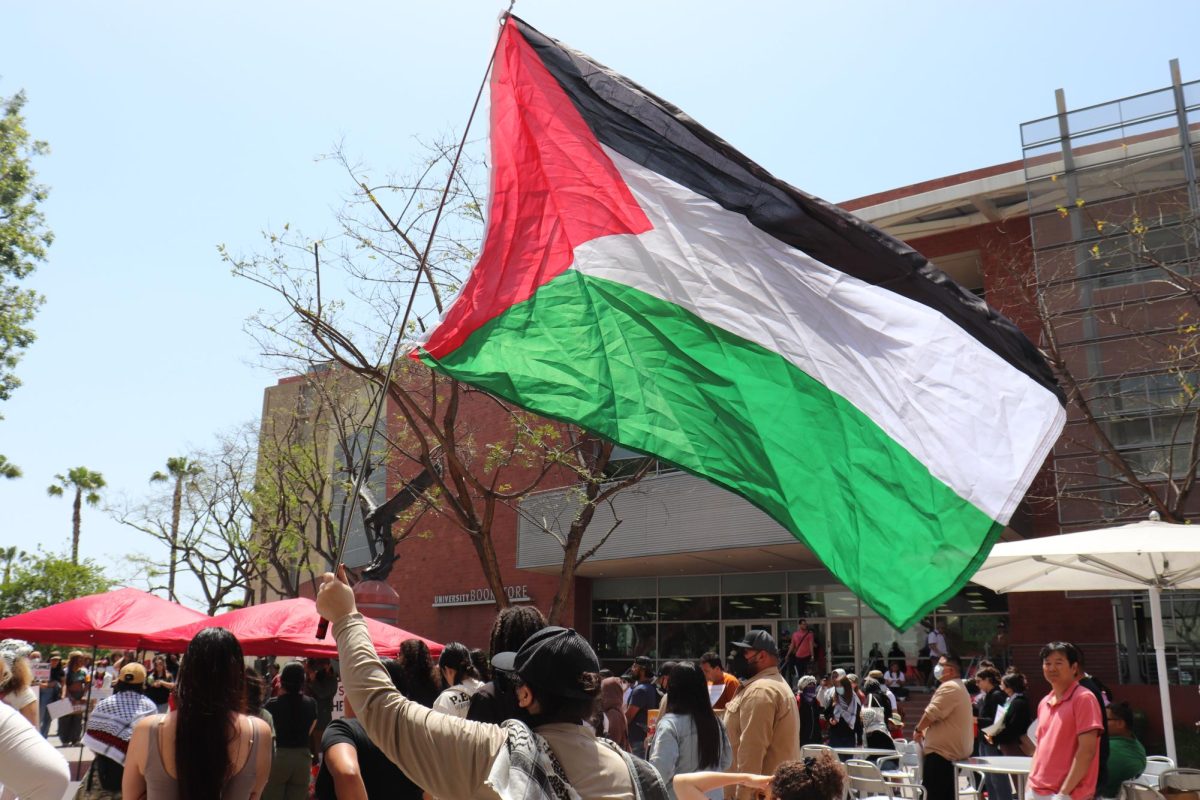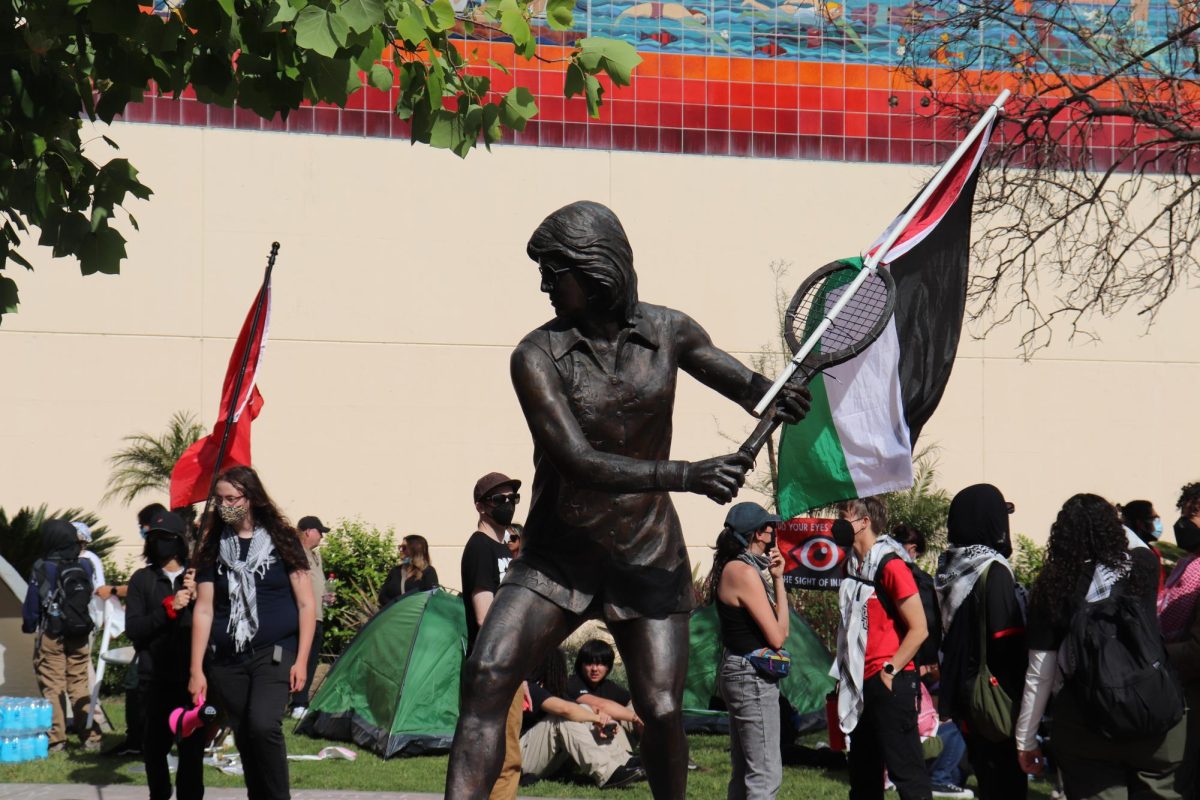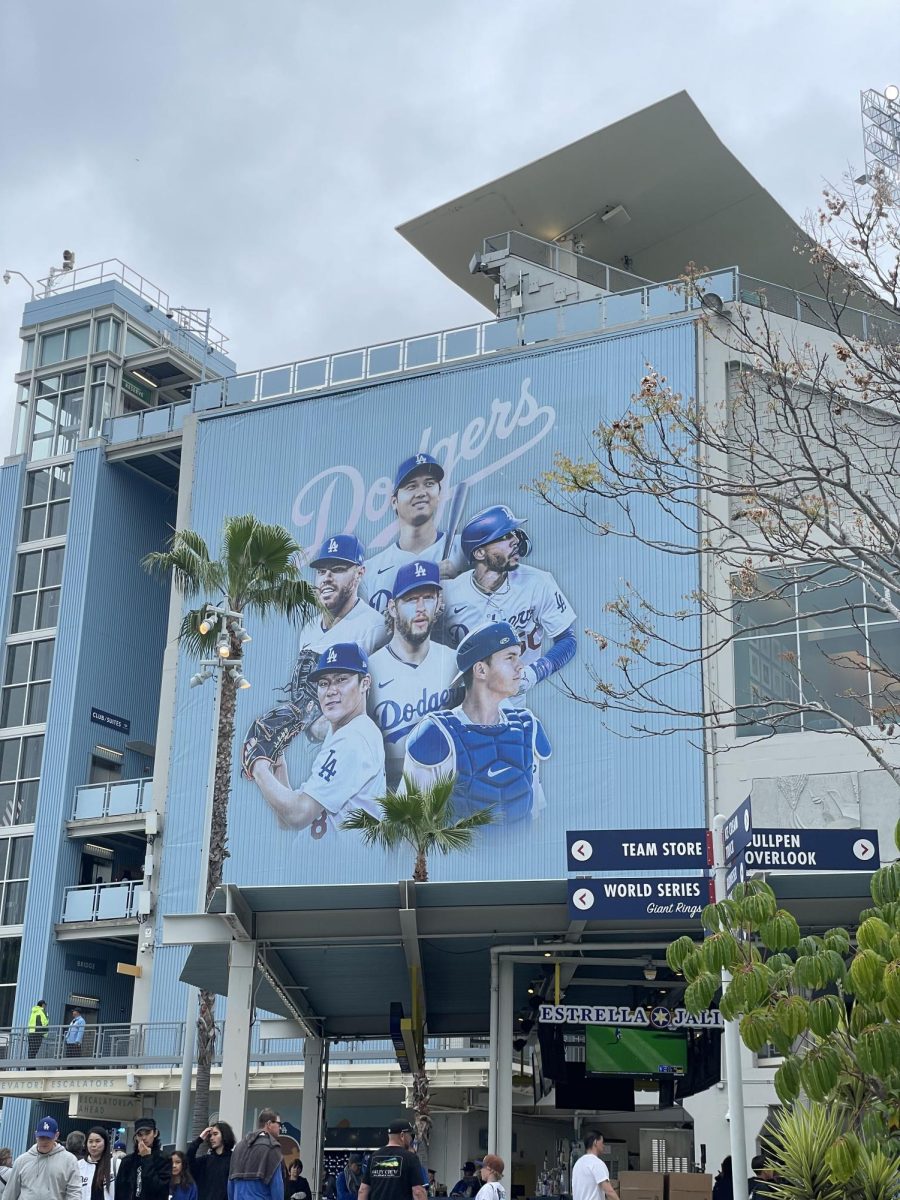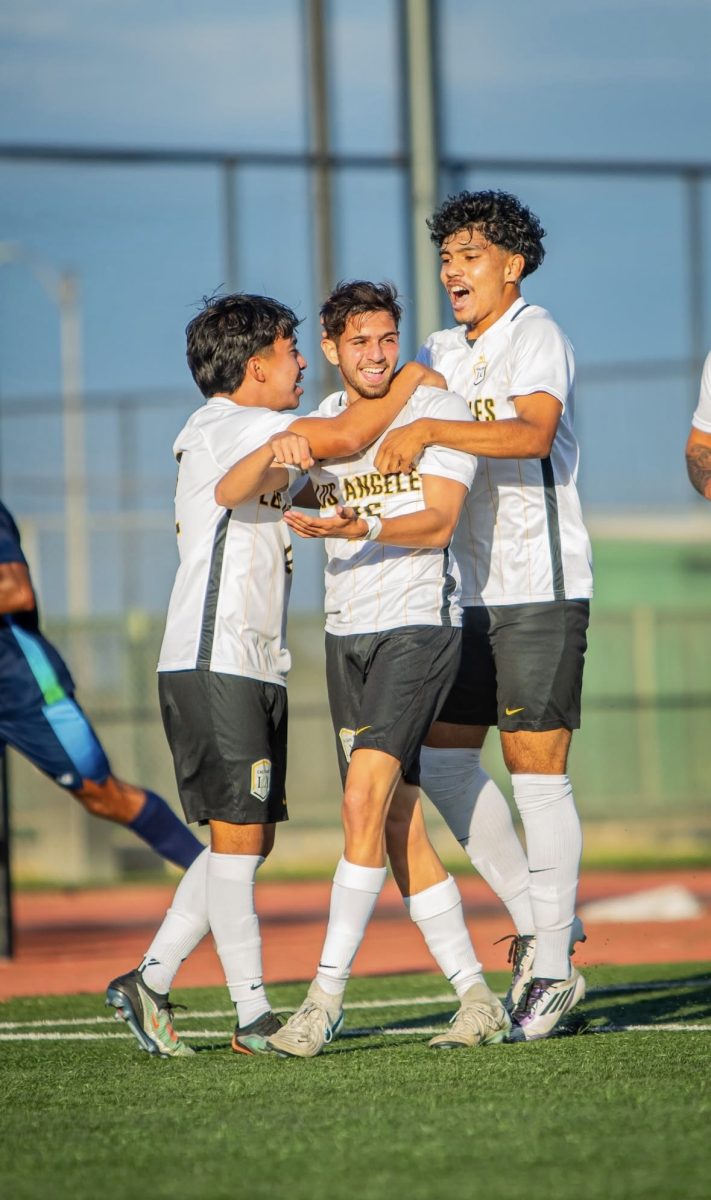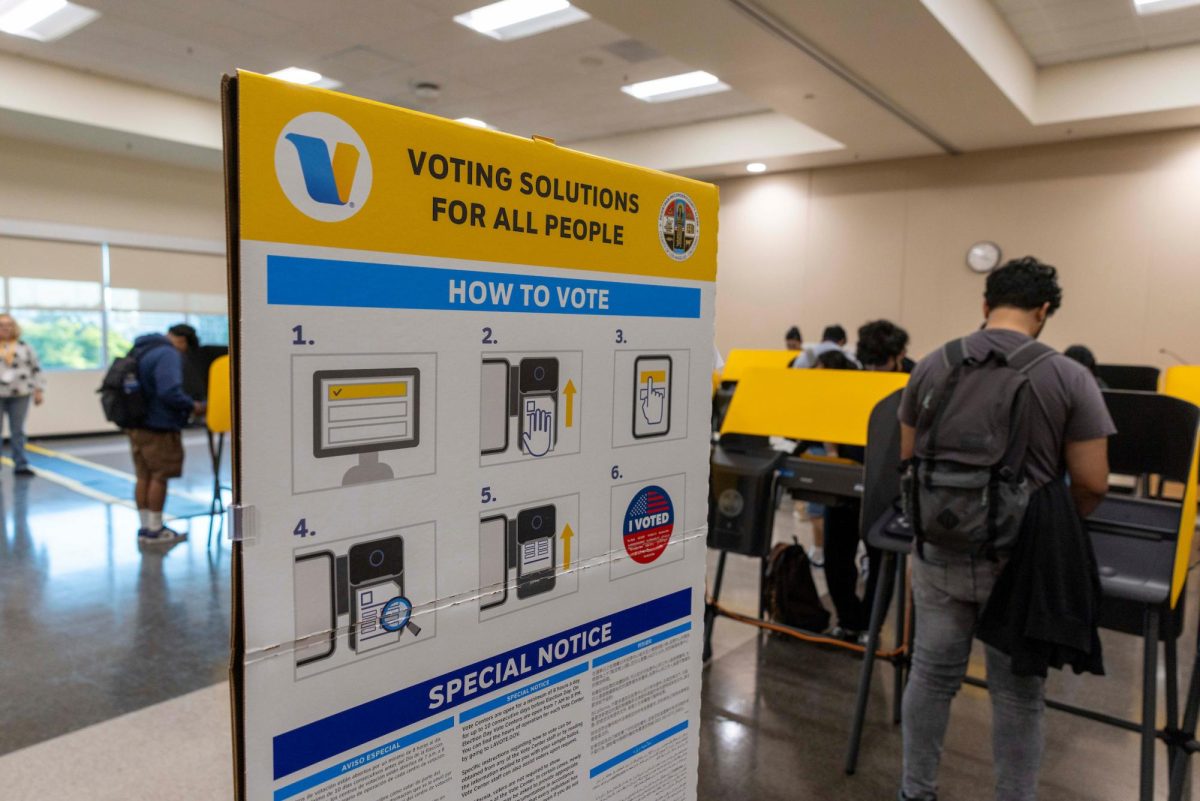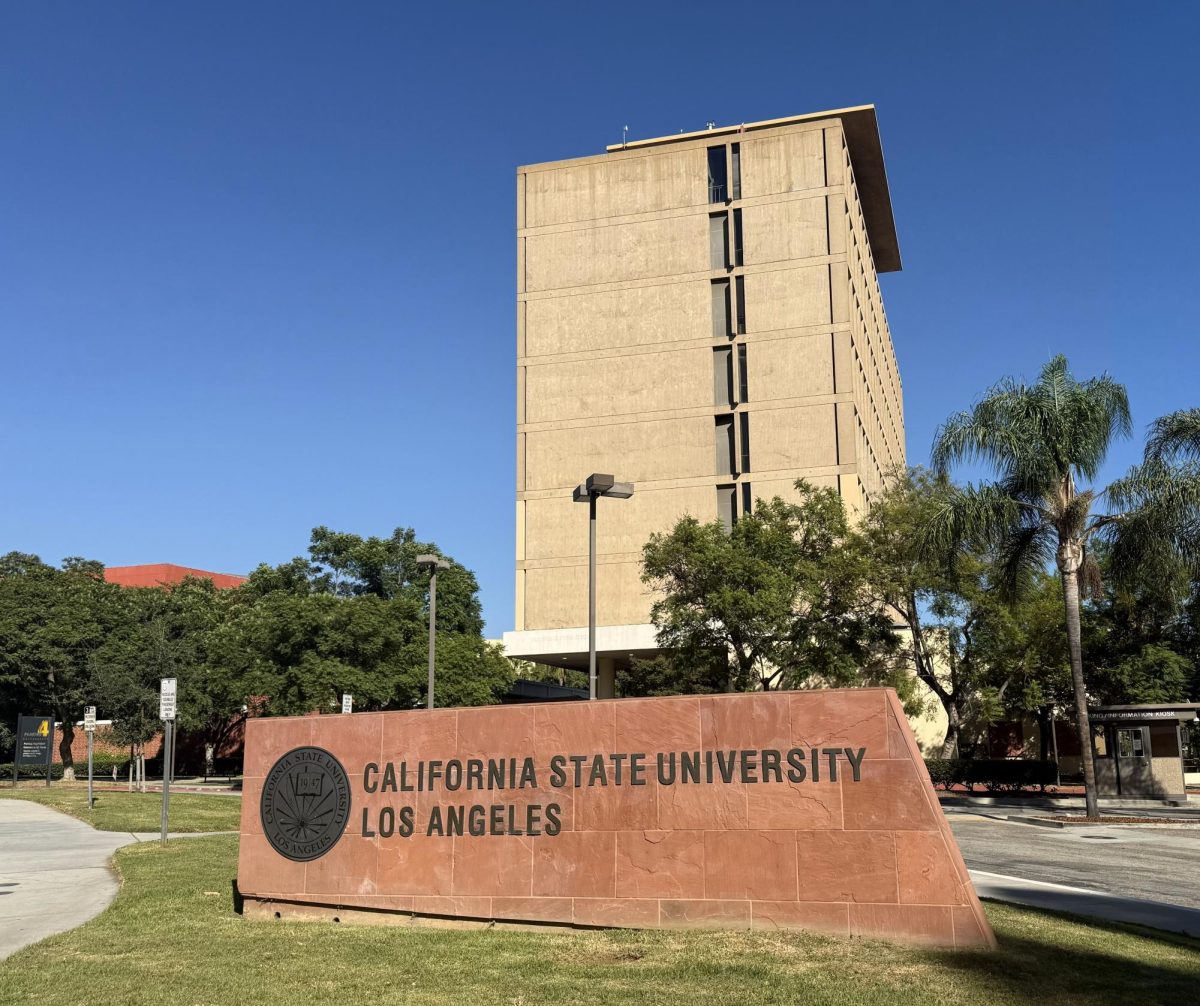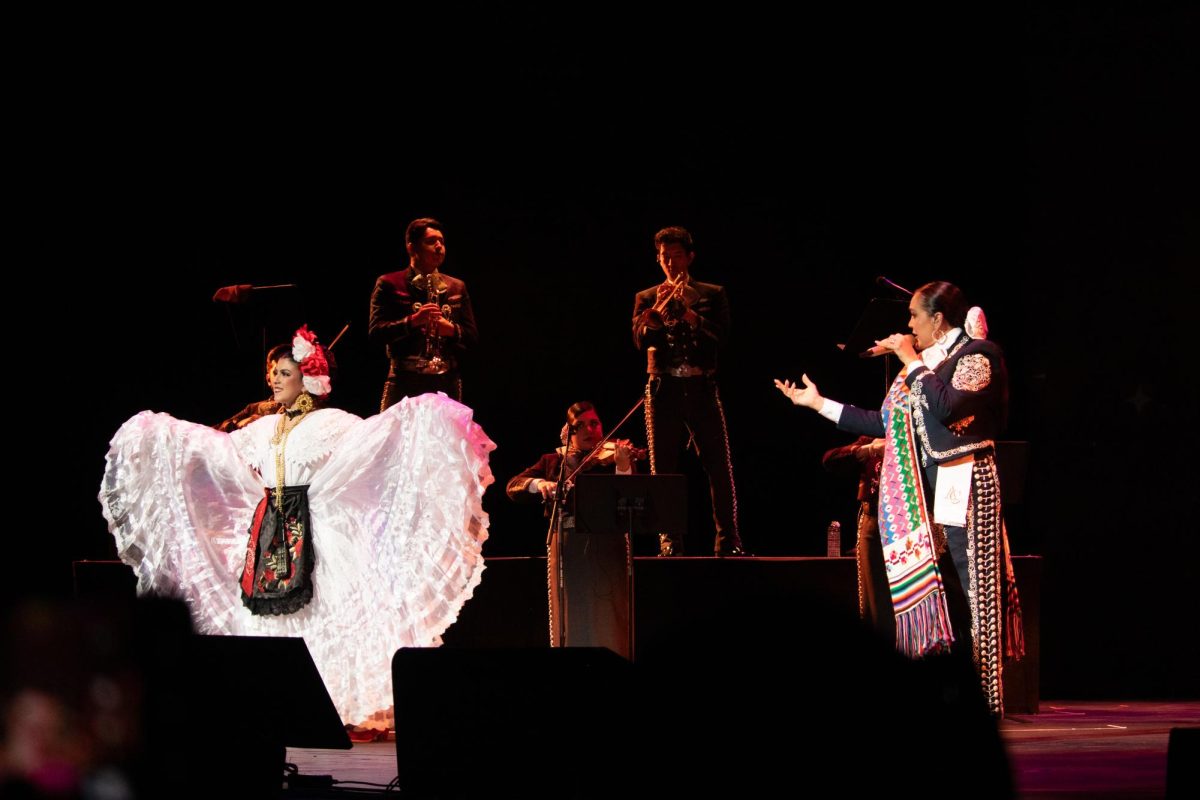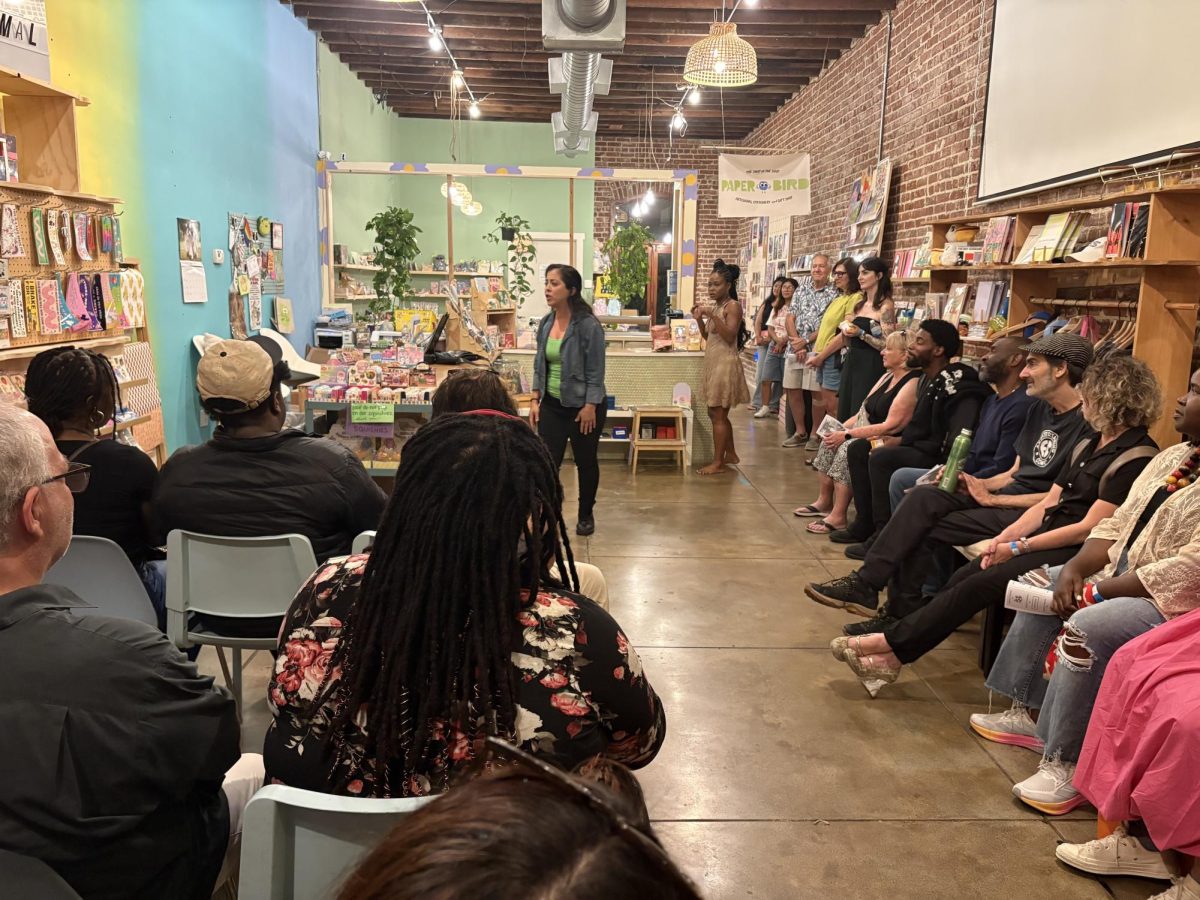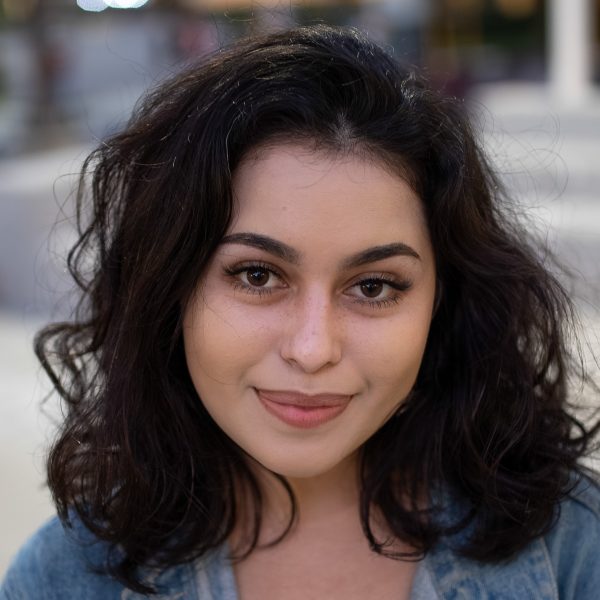The CSU Chancellor’s Office on Aug. 15 announced new system-wide policy changes that bans encampments and establishes more protest restrictions at each of the 23 CSU campuses. This comes in response to the pro-Palestinian protests that sprung up at many college campuses across the nation last semester.
In a letter sent to all campuses, the office said that while they commit to upholding freedom of expression, they recognize that “it is not an absolute right” and that it must coexist with “public order and safety.” The policy bars overnight demonstrations, which includes camping or occupying campus facilities after hours, and further prohibits bringing or leaving furniture and other large personal belongings without authorization.
The policy continues, prohibiting the construction and movement of barriers using fencing, furniture, and other materials to block passageways or to create a perimeter. One notable passage, in bolded lettering, also provides new regulations on wearing masks on campus.
“However, no person, while on University Property, may wear a mask, personal disguise, or otherwise conceal their identity with the intent of intimidating and harassing any person or group, or for the purpose of evading or escaping discovery, recognition, or identification in the commission of violations of applicable University policy or local, state, or federal laws,” the policy reads.
The new policy is part of a trend of colleges responding to the pro-Palestinian protests, especially in California. The University of California, which saw protests at UCLA, UC Irvine and several other campuses, released a statement of their own that also details more restrictions. A recently passed state bill, SB 1287, is responsible for the UC and CSUs creating the new “time, place, and manner restrictions.”
The ramifications of these policies are currently unclear, especially as it pertains to privacy rights and masking. ASI President Yahir Flores said students have expressed their worries about that particular issue.
“Folks have been sharing how, and even myself as a student with a mixed status … other students who have mixed statuses are really concerned about ‘if I do take part in some sort of demonstration, how am I going to be protected?’” Flores said.
Cal State LA was one of the many universities with an encampment, which ultimately lasted 48 days. On May 1 during a May Day demonstration, activists with Students for Justice in Palestine (SJP) took up residence on the grassy plot in front of the gymnasium.
Activists created a makeshift barrier around the encampment using wooden pallets and overturned tables, and adorning them with Palestinian flags, art, and messages such as “You Cannot Hide Genocide, We Are All Watching” and “From Palestine to Mexico, All Border Walls Have Got to Go!”
SJP engaged in negotiations with Cal State LA President Berenecea Johnson Eanes and administration officials, demanding the college’s divestment from companies supporting Israel. After negotiations reportedly broke down between the groups, activists staged a protest inside the Student Services Building on June 12, causing damages to windows, furniture, and numerous facilities.
As a result, Eanes said the pro-Palestinian protesters were “no longer welcome,” and the encampment was quickly dismantled by police later that week. In the days after, SJP held a small press conference in front of the University-Student Union, condemning the college’s lack of response to their demands.
“As students, we have a responsibility to use our positions to continue demanding for CSULA to hold itself accountable,” said one of the speakers, who requested not to be named. “As community members and students, we will continue to struggle until divestment is won. We will continue to struggle until Palestine is free.”
This article was first published in the August 28 print edition of the University Times.

